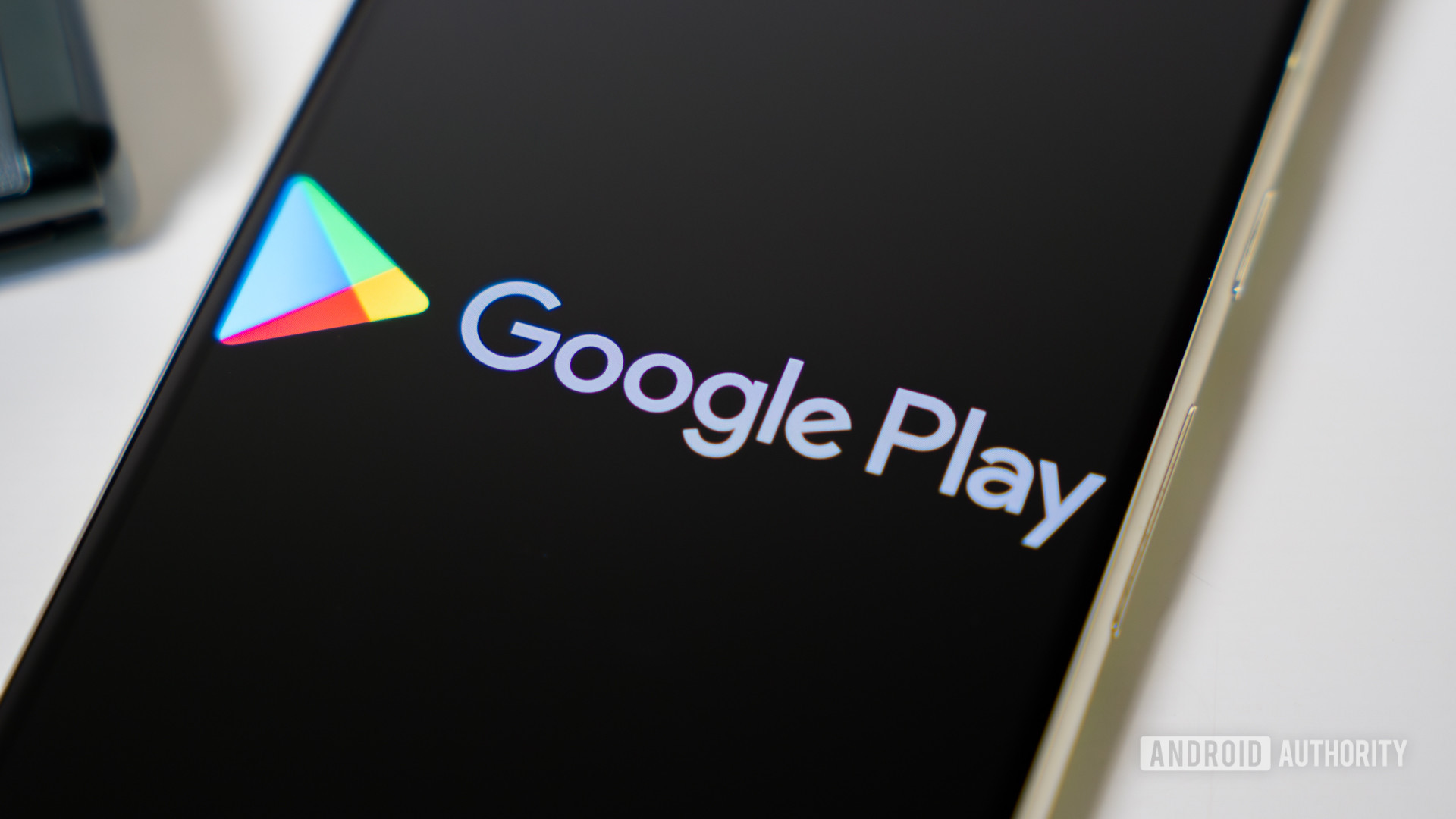Kaitlyn Cimino / Android Authority
TL;DR
- Fitbit has updated its algorithm for more accurate sleep tracking.
- The new algorithm now accounts for awake times better, supposedly rendering more accurate data about different phases.
- However, users have complained of increased sensitivity, resulting in their devices capturing shorter sleep durations than the actual time.
Fitbit isn’t nearly as popular as it once was, and that is partly because Google, which completed its acquisition of the company by 2021, has instead been pouring its energy into its own lineup of Pixel Watches. However, that hasn’t stopped Google from sending routine updates to existing Fitbit watches, like it recently did with the Charge 6, or overhauling the companion app experience. Now, Fitbit’s Android app is getting another key update, which aims to improve sleep tracking for users.
A company representative recently posted on the Fitbit Community, announcing how the sleep tracking algorithm is changing for existing fitness trackers. As per the post, Fitbit devices now use an updated method to calculate different phases of sleep (light, deep, REM, and awake) to give you a “more accurate” representation. One of the changes highlighted includes capturing brief periods of awakeness during sleep, which the previous method might have skipped.
If you’re a Fitbit user, the change in tracking could impact your actual durations for various stages of sleep, primarily increasing the time you were awake and slightly reducing the duration for REM or light sleep phases. Although the post clearly doesn’t say which devices get the improved sleep tracking, we can expect some changes to sleep tracking on the Pixel Watch, too, since that also uses the Fitbit for monitoring sleep, among other vitals.
A few users have noted changes to Fitbit’s sleep tracking on Reddit and the Fitbit Community over the last few weeks, and the recent post only confirms those changes. However, one user recently noted that the change makes their Inspire 3 “super-sensitive,” adding nearly an hour of awake time to their sleep data. Additionally, Fitbit’s forums are flooded with complaints about their fitness tracker treating mid-sleep bathroom breaks as the end of their sleep. While we hope the latest update brings relief to the impacted users, we have yet to hear a positive narrative.
Meanwhile, the post also teases that this is one of the first changes in a “series of improvements” to sleep tracking on the Fitbit app. There are no details, but we can expect some of these changes to port over to the Pixel Watch as well. Besides algorithmic improvements, the upcoming Pixel Watch 4 might gain new features like sleep apnea detection, which is already supported on the Galaxy Watch and the Apple Watch.
Thank you for being part of our community. Read our Comment Policy before posting.









